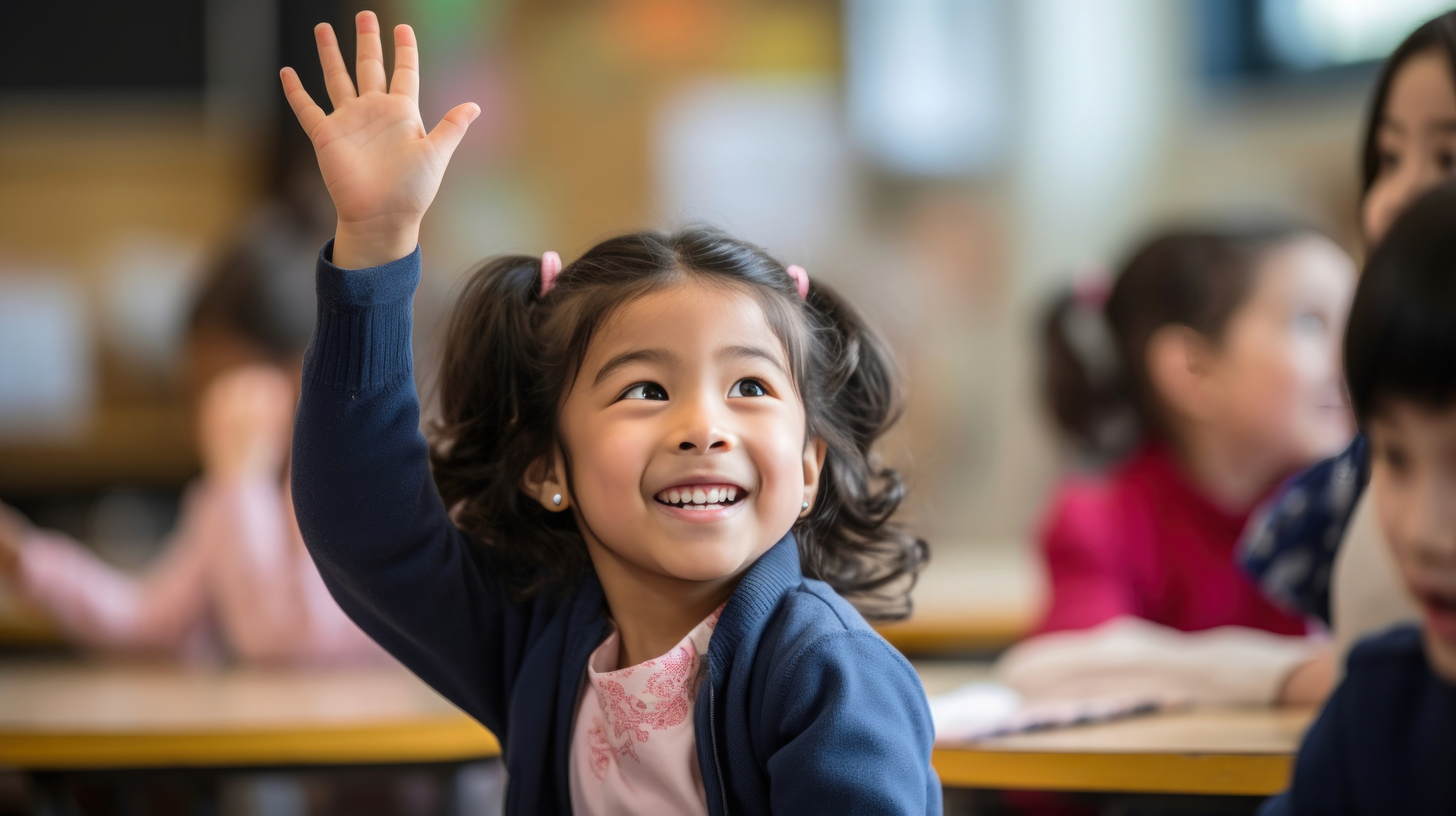Home
The Importance of the Prepared Environment in Montessori Education
The prepared environment in Montessori education fosters independence, exploration, and holistic growth through a child-centered and thoughtfully designed space.
Written By

nebula
Date
11 Mar 2024
Category
Montessori 101
Length

In a Montessori setting, the prepared environment is not just a room filled with materials. It’s a thoughtfully organized and intentionally designed space that encourages children to engage with their surroundings and learn in a natural, meaningful way. Let’s explore why the prepared environment plays such a crucial role in Montessori education.
1. Fostering Independence
One of the primary goals of the Montessori approach is to cultivate independence in children. A well-prepared environment allows children to make choices, explore, and learn at their own pace. By having access to age-appropriate materials that are neatly organized and easily accessible, children are empowered to take ownership of their learning.
As Maria Montessori wrote, “The child who has been accustomed to independence is capable of standing alone and facing the world with courage.” The environment, therefore, provides opportunities for children to practice self-reliance, whether it’s choosing their activities, completing tasks, or cleaning up after themselves.
2. Promoting Freedom within Limits
The prepared environment balances freedom and structure, giving children the freedom to choose their work, while maintaining limits that promote respect for themselves, others, and the space. Montessori classrooms are designed to be orderly, with a clear layout of materials that encourages focus and concentration.
Children are given the autonomy to move around the room, select materials that interest them, and work at their own pace. However, the environment also ensures that boundaries are respected, such as treating materials with care and sharing the space with others. The environment thus acts as a guide, teaching children about responsibility and respect.
3. Encouraging Exploration and Discovery
A well-prepared environment is rich with materials that invite children to explore and make discoveries. The space is designed to spark curiosity and engage children’s natural desire to learn. Montessori materials are purposeful and provide opportunities for hands-on learning.
As Maria Montessori noted, “The child’s work is to absorb the world around him and to build up his personality by interacting with his environment.” Whether it’s through the tactile experience of the pink tower or the sensory exploration of sound cylinders, the environment enables children to learn through their senses, making abstract concepts tangible and meaningful.
4. Supporting Concentration and Focus
In the Montessori environment, materials are carefully arranged to help children engage deeply with their chosen activity. By organizing the space in a way that minimizes distractions, children are encouraged to focus and concentrate.
The environment also supports the development of executive functions like attention control, problem-solving, and perseverance. When children are given the space to work without interruption and are able to focus on their activities, they develop the ability to sustain concentration for longer periods, which is crucial for their cognitive and emotional growth.
5. Respect for the Child
The prepared environment reflects the Montessori belief in respecting the child’s dignity and individuality. The space is designed to be child-centered, with furniture, tools, and materials that are all scaled to fit the child’s size and needs. This respect is evident in the way the classroom is organized and how materials are displayed.
Maria Montessori once said, “Respect all the reasonable forms of activity in which the child engages and try to understand them.” The environment at nebula montessori encourages children to explore at their own pace, offering them the opportunity to make choices and engage in activities that resonate with them. This respect helps children feel valued, and in turn, they develop a sense of trust and confidence in their ability to learn.
6. Fostering Social Development
The prepared environment also plays a vital role in social development. In a Montessori classroom, children of different ages work together, and the environment encourages them to collaborate, share, and help one another. Materials are often designed to be shared, fostering communication and cooperation between peers.
By interacting with each other, children learn the importance of empathy, patience, and respect for others. The structured freedom of the Montessori environment allows for both independent and group work, helping children develop social skills in a natural and supportive setting.
7. Supporting Holistic Development
At nebula montessori, we understand that the prepared environment is not only about the intellectual development of children. It’s about nurturing their emotional, social, and physical growth as well. The space is designed to allow for holistic development, providing children with the freedom to engage in activities that support all areas of their growth.
Cognitive development is fostered through activities like math work, language exploration, and sensorial exercises.
Physical development is supported by practical life exercises and movement activities.
Emotional development is nurtured by providing a space where children can feel secure, respected, and independent.
Conclusion
The prepared environment is a cornerstone of the Montessori method and plays a vital role in the child’s development. At nebula montessori, our environment is carefully designed to promote independence, respect, exploration, and social development. It is a space where children are free to learn, discover, and grow, all while being supported by thoughtful materials and a guiding presence.
As Maria Montessori aptly stated, “The environment itself will teach the child if we allow it to be the teacher.” The prepared environment at nebula montessori is an integral part of the child’s educational journey, offering endless opportunities for growth and learning.



